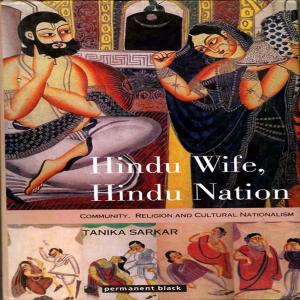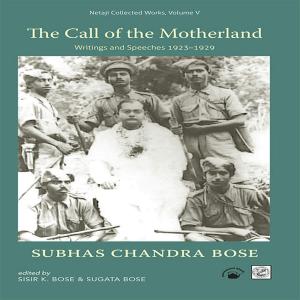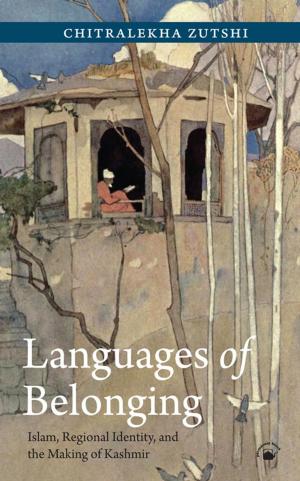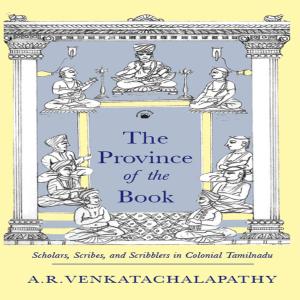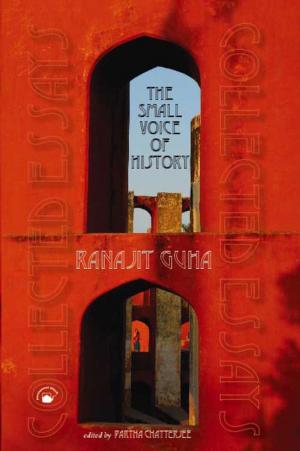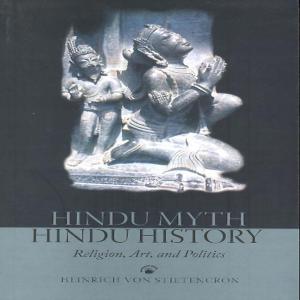Beyond Nationalist Frames: Relocating Postmodernism, Hindutva, History
Nonfiction, Social & Cultural Studies, Political Science| Author: | SUMIT SARKAR | ISBN: | 9788178244181 |
| Publisher: | Permanent Black | Publication: | August 24, 2018 |
| Imprint: | Language: | English |
| Author: | SUMIT SARKAR |
| ISBN: | 9788178244181 |
| Publisher: | Permanent Black |
| Publication: | August 24, 2018 |
| Imprint: | |
| Language: | English |
The political context in which the Historian of India finds himself today, says Sumit Sarkar, is dominated by the advance of the Hindu Right and globalised forms of capitalism. Simultaneously, the historians intellectual context is now dominated by the marginalisation of Marxism and a shift to cultural studies and postmodern critiques. In this scenario, how may a thinking historian practice the craft of history? The theme which unites these essays is Sumit Sarkar's consistent critique of the limits of 'nationalist frames'. He shows that despite there divergent forms---chauvinistic or benign, political-statist or culturalaist---nationalist frameworks have limited modern South Asian history. Sarkar argues for moving towards flexibly marxian social history and politics imbued with democratic, socialist-feminist, and internationalist values. The 'Hindu Bomb', the history of relations between communities, the issue of religious propagation and conversion, ideas of nation and women in Tagore's fiction, and the relationship of left-wing, historiography to post modern ideas are some of the things critically analysed in this major collection by the countries best-known historian of 'Modern India'.
The political context in which the Historian of India finds himself today, says Sumit Sarkar, is dominated by the advance of the Hindu Right and globalised forms of capitalism. Simultaneously, the historians intellectual context is now dominated by the marginalisation of Marxism and a shift to cultural studies and postmodern critiques. In this scenario, how may a thinking historian practice the craft of history? The theme which unites these essays is Sumit Sarkar's consistent critique of the limits of 'nationalist frames'. He shows that despite there divergent forms---chauvinistic or benign, political-statist or culturalaist---nationalist frameworks have limited modern South Asian history. Sarkar argues for moving towards flexibly marxian social history and politics imbued with democratic, socialist-feminist, and internationalist values. The 'Hindu Bomb', the history of relations between communities, the issue of religious propagation and conversion, ideas of nation and women in Tagore's fiction, and the relationship of left-wing, historiography to post modern ideas are some of the things critically analysed in this major collection by the countries best-known historian of 'Modern India'.

